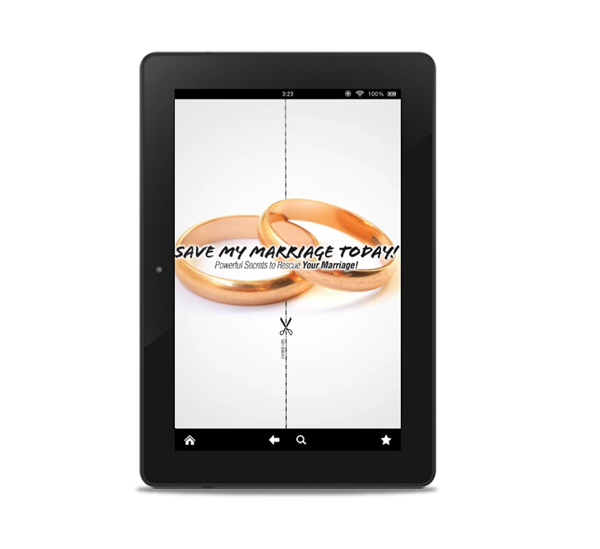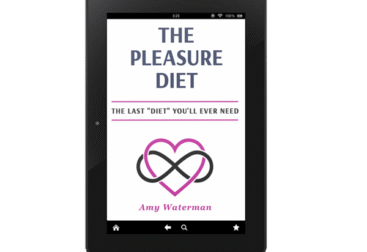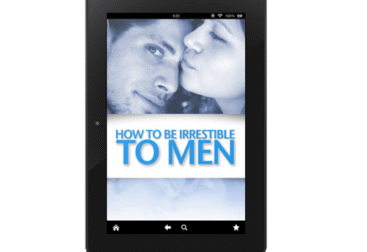Twenty years ago, I sat down with fellow relationship expert Andrew Rusbatch to co-write the book that would make my name in my new career, Save My Marriage Today.
At the time, Save My Marriage Today was already an established brand. I was brought on board to reinvent the course so that it reflected the very latest in relationship research and best practice.
It was an awesome responsibility. Andrew and I sat down to brainstorm the topics we needed to address. Andrew had already been doing email consultations, and we poured over the emails we’d received.
We realized the way many couples reacted to problems in their marriage actually made things worse.
When the one person you’ve ever loved tells you they no longer want to be with you, you go a little crazy. You’re desperate. You react out of fear. And what you do then often drives them away even further.
Andrew and I envisioned our course as an oxygen mask: put it on, breathe deeply, and feel your head start to clear. You start to see the patterns beneath the pain. You start to see what your spouse really wants. And you start to put things right in your own life, because you finally understand that your power lies not in convincing your spouse, but in changing yourself.
That may seem obvious now, but twenty years ago it felt like a fresh idea.
Many of the tips and exercises we suggested weren’t ones people had tried. Relationship advice hadn’t yet drenched the internet. There was no social media yet, no influencers flooding TikTok with marriage advice.
Twenty years on, frankly, Save My Marriage Today shows its age. What we knew back then isn’t what we know now. Relationship science has exploded in the 21st century. If I sat down to rewrite the book today, it would be completely different.
But I will always be grateful to Save My Marriage Today for introducing me to one of the enduring questions that’s occupied me over my career:
How do you know when to save a relationship… and when to let it go?
Because my greatest unspoken fear was that we were teaching women to save relationships that shouldn’t, in fact, be saved.
We now know that one of the most important choices you’ll make in your life – more important than what college you go to or what career you choose – is who you’ll marry.
Marrying the wrong person can have a devastating impact on your physical health, mental health, financial health, and life satisfaction. Particularly for women.
There were consequences to telling a woman to fight for her marriage… consequences many women can tell you’ve they’ve paid.
I still believe in love and marriage. I always will.
But I believe in the data, too. Divorce rates are plummeting – couples getting married today have a lower chance of divorce than Boomers – and it’s because fewer people are marrying.
The couples getting married are the ones who want to make that commitment. They’re prepared for it. They understand what they’re getting into.
That’s actually good for marriage. Marriage is not for everyone. Marriage doesn’t work for every couple.
But if you want it – if you believe in it – then we now know the tools to make it work for a lifetime.
Frequently Asked Questions (FAQs)
Save My Marriage Today is a PDF ebook available for instant download.
Yes, the publisher includes 6 bonuses, including an email consultation with their relationship staff, a guide on The 6 Most Common Reasons for Divorce & How to Stop Them Happening to You, How to Cheat-Proof Your Relationship, and more.
Last I checked, the publisher is offering it at $49.95.
Save My Marriage Today is published by Unica Publications, my old publisher. I am no longer involved. You can visit their website here.



